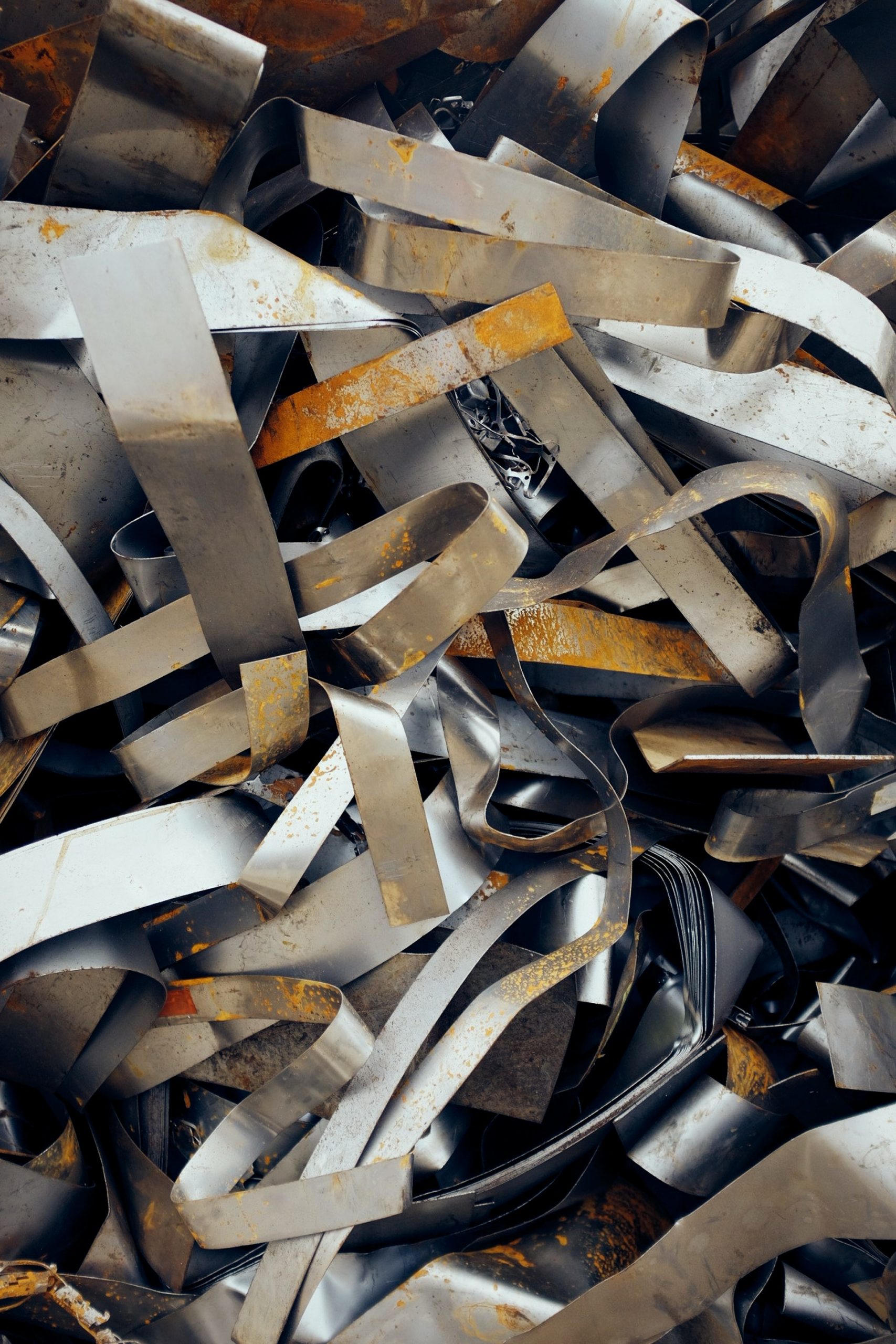The Environment Committee (ENVI) of the European Parliament voted last week in favour of new changes to the Waste Shipment Regulation (WSR). These include a stronger monitoring of non-hazardous waste sales to non-OECD countries, with the possibility to limit sales to specific countries.
The vote confirms the increasing attention being given by European authorities to ferrous scrap materials trading. However, it has not resulted in a more general export ban, requested by some steel industry participants in recent months.
The latest decision indicates that exports will only be allowed to “those non-OECD countries that give their consent and demonstrate their ability to treat this waste sustainably”, the Parliament says. An annual list of such countries will be updated every year. Similar restrictions will not be implemented on OECD countries, including Turkey or the US. Non-OECD importers of European scrap include India, Pakistan, Bangladesh and China.
Eurofer, the European steelmakers association, welcomed some of the changes implemented, but notes that “significant issues remain largely unaddressed”. The association wishes, in particular, for exports to OECD countries to also be monitored and for a system to be applied to prevent circumvention of rules.
Eurofer explains that ferrous scrap is by far the most exported waste from the EU – 19.5mt in 2021, equal to 59% of all EU waste exports. It adds nevertheless that it has a vital role to achieve decarbonisation targets for European steelmakers.
While steelmakers have for a long time been in favour of restricting scrap exports to secure availability of a key raw material domestically, the recycling industry in Europe has explained extensively that limiting international trade could reduce the availability.
“Contrary to some false claims, export restrictions will directly damage the availability of raw materials from recycling to European energy-intensive industries as has been witnessed in non-European countries,” Euric, representing European recyclers, explains in a note seen by Kallanish. “The absence of competitive end-markets for recycled raw materials will negatively affect waste collection, recycling, and investments to scale up recycling capacities. As such, the proposed export restrictions will put at risk the ability to achieve EU recycling targets.”
The ENVI report is set to be presented and adopted during the January plenary sitting of the European Parliament. Negotiations will then begin with EU governments on the final shape of the legislation.
Emanuele Norsa Italy






